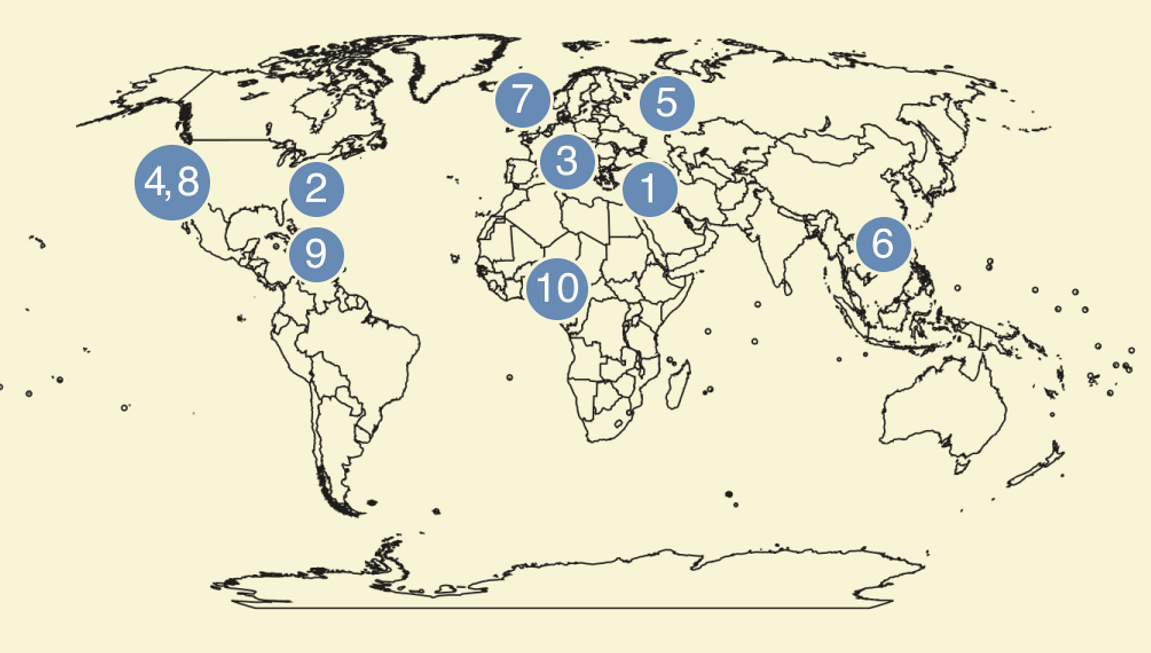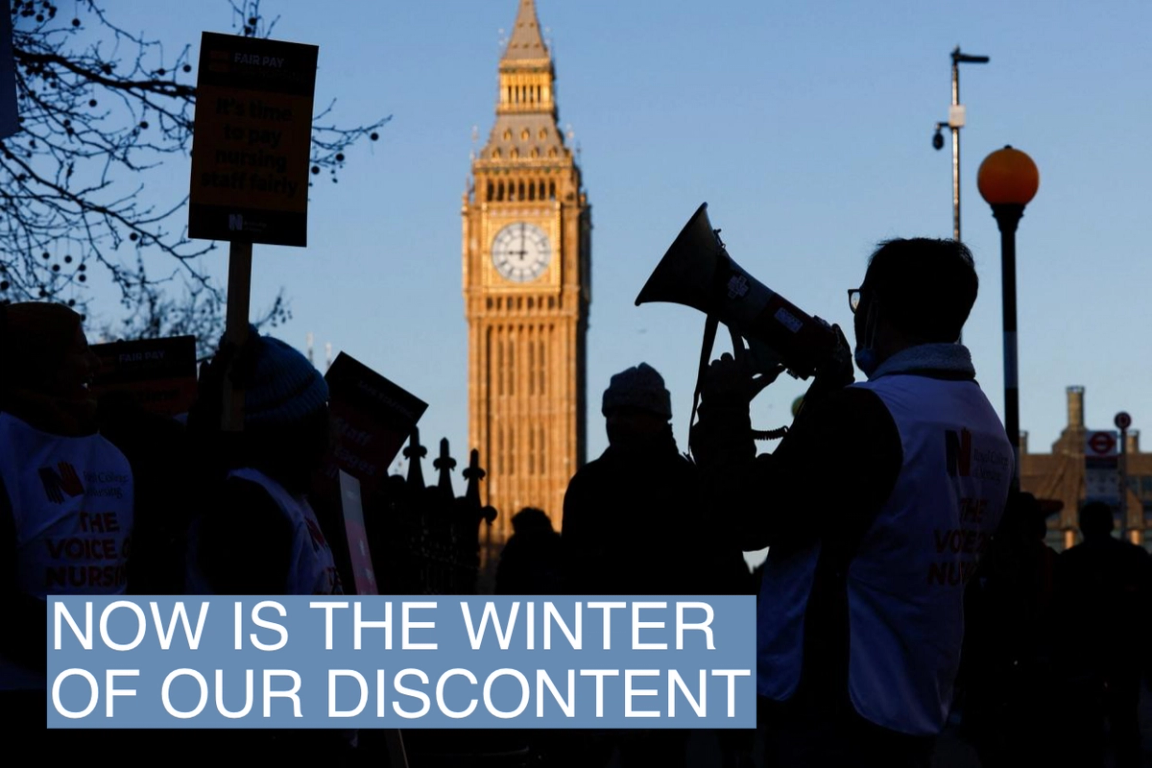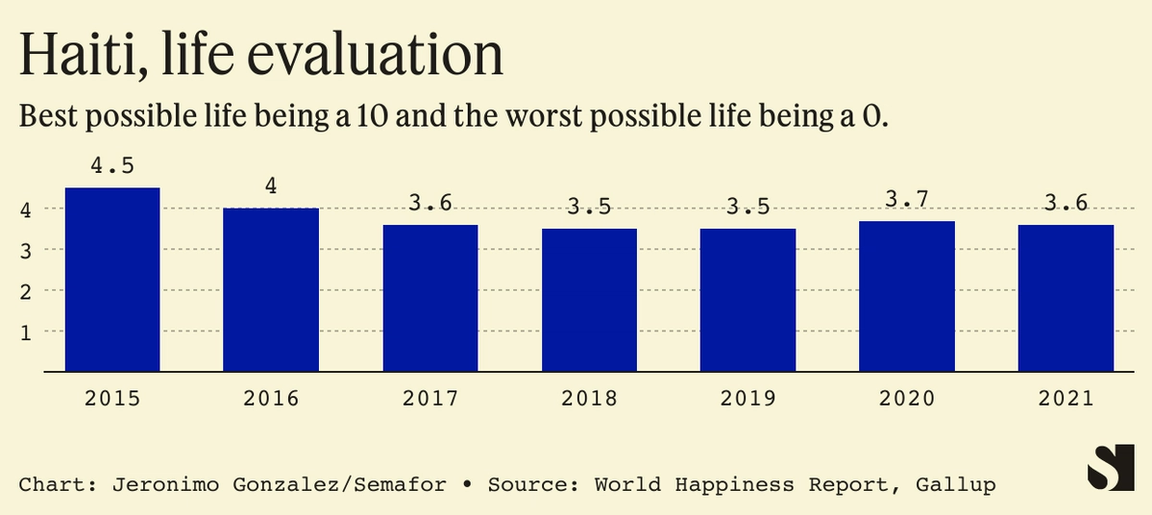 Eat the rich… Why don’t Western governments tax wealth more? After all, we live in a time of growing inequality, and “tax the rich” sounds like it should be a popular slogan. And yet the average rate of wealth taxes — inheritance tax, property tax, land tax — is down across the rich world, even in more socialist places like Scandinavia. What’s going on? The political scientist Ben Ansell has some answers. For one thing, inequality is up, but only by the standards of the last few years: Historically, the richest owned a much greater share of wealth. And while people say they want to tax the richest, no one thinks they themselves are the richest. But most importantly, people don’t think it’s fair: They see it as double-dipping, taxing income already taxed. Inheritance tax in particular “gnaws away at many people’s fundamental views of desert, effort, and prudence.” …but walk off the calories People are fatter than they used to be. That’s true worldwide, but extremely visible in the United States. There’s a claim that this started to happen more quickly around 1980, and people have come up with a variety of explanations why, from trans fats to lithium. Matt Yglesias argues that they’re making up a mystery where there isn’t one. Americans have always been getting heavier, at a steady rate. The apparent change around 1980 was driven by an aging population: The median American has become older since then, and older people tend to be fatter. But the steady increase between birth cohorts is unsurprising: As the economy has grown, people can afford more and tastier food, and while it has some downsides, it’s broadly a good thing. “Why have Americans been steadily gaining weight, except when interrupted by depression and war?” he asks. “Because we like food and we’re getting richer.” Turning Japanese The BBC’s Tokyo correspondent Rupert Wingfield-Hayes argued in a much-read farewell essay after 11 years in Japan that it had not changed enough: It’s gerontocratic, it resists immigration, and women don’t prosper in the workforce. Economist Noah Smith makes the opposite case: There has been change. One in eight Tokyo residents was born outside Japan. Women in management are up by nearly a half in a decade –– from a low base, but still. Smith also contested Wingfield-Hayes’s complaint that Japanese homes, unlike Western ones, lose value over time. That, in Smith’s view, is one of Japan’s biggest strengths: It builds enough houses. Western house prices rise because of scarcity. Tokyo’s housing stock grows twice as fast as Paris’s, London’s, or New York’s. “Because Japanese people don’t use their houses as their nest eggs,” Smith argued, “there is not nearly as much NIMBYism in Japan.” |













